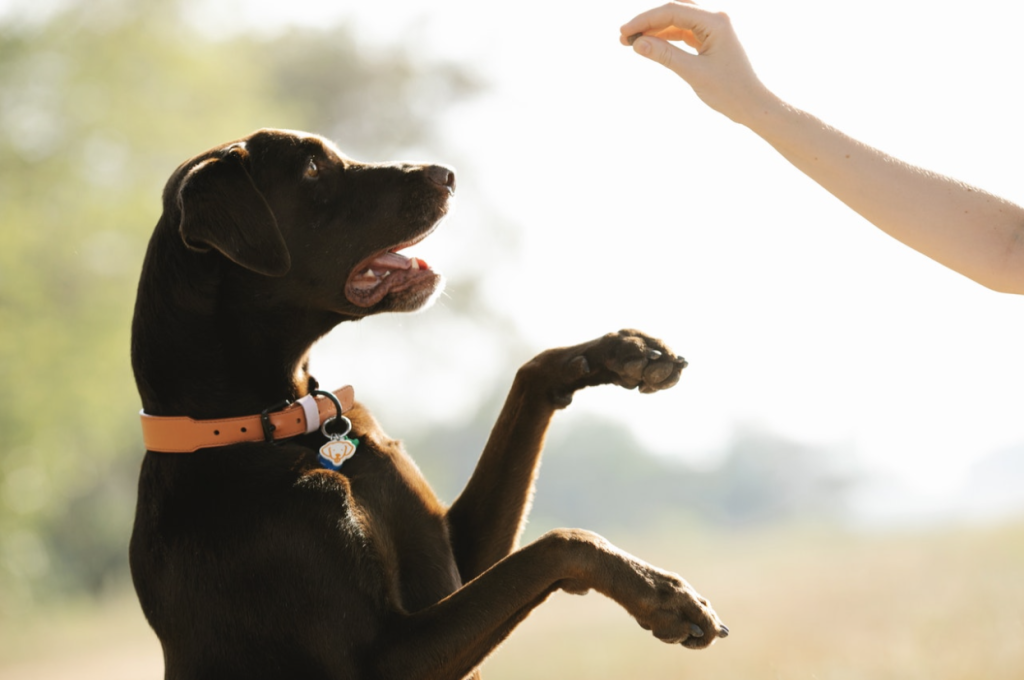
Service Dogs in Courtrooms: How Do They Help?
As early as 1989, service dogs have been providing victims of crimes with a greater sense of security during highly stressful court cases. These courthouse facility dogs, as they’re commonly called, receive special training to work in organizations such as the judicial system to accompany child witnesses and other vulnerable people on the witness stand.
For the last three decades, the practice of using service dogs in courtrooms in the United States has been growing to help calm victims and witnesses throughout the legal process. The partnership of courthouse facility dogs and the judicial system has successfully helped support crime victims in actual court settings, inspiring the conception of the Courthouse Dogs Foundation and the development of other related programs in 26 states.
Important Characteristics of Service Dogs
Not all dogs that make good pets are qualified to be service dogs. Dogs that are easily distracted, don’t behave well in public or are aggressive don’t make good candidates. In addition to proper training, here are a few characteristics that will help in determining what makes a good service dog:
- Calm temperament
- Energetic
- Doesn’t react negatively when petted by strangers
- Enjoys being with people
- Can focus on a task and ignore distractions
- Can be trained easily
How Do Service Dogs Help Crime Victims in Courtrooms?
In most criminal case proceedings, child abuse victims or rape victims are often intimidated and afraid to testify about their experiences in a courtroom. A service dog sitting close to a victim or witness offers a supportive presence that helps them compose themselves and manage the inevitable stress of their difficult circumstances.
Supporters say that a service dog’s presence during difficult court cases can assist in boosting courtroom morale and influencing an individual's courage or willingness to open up on the stand and tell the jury what happened.
Examples of Scenarios Where a Service Dog Has Helped in a Courtroom
The Courthouse Dogs Foundation shares a story about a young victim of sexual abuse in Texas that was brought to a child advocacy center to tell a stranger about what happened to her. By her side was a courthouse facility dog named Petra. When the forensic interviewer left the room for a moment to speak with the detectives, the child hugged Petra and said, “I love you, Petra. You really are a good dog. I’ve told you more than I’ve ever told anybody. I hope when you die, you go to heaven.”
Another example is when a service dog, Pella, of the Sungate Kids, a child advocacy center in Colorado, managed to help a teenage girl who refused to speak about the family member who had sexually abused her. Amber Urban, a criminal investigator, said that introducing Pella to the girl was instrumental for her opening up and providing evidence that was used to secure a conviction.
Conclusion
Service dogs provide unique benefits to crime victims during difficult court cases. While some courts do not allow the use of service dogs during trials, they can still help in increasing the sense of security of vulnerable individuals during depositions. Furthermore, some defense attorneys would argue that courthouse facility dogs should not be allowed because they can influence a jury's decision by making witnesses look more sympathetic.
Nevertheless, it has been proven time and time again that the presence of service dogs are crucial in the investigation and trial of criminal cases, especially when children and sexually abused individuals are involved.
Learn more about service dogs by reading these articles:
- How Can Service Dogs Help Dementia Patients?
- Top Things You Should Know About Service Dogs
- Service Dogs for Anxiety: What You Need to Know
Do you own an assistance animal? Register your pet today.
The Service Animal Registry of California invites you to have your assistance animal registered in order to designate its status. We also encourage you to take our online classes so you can be fully aware of your rights and gain more knowledge about your support animal.
Finally, we present to you our book entitled, “ASSISTANCE ANIMAL LAWS: LEARN YOUR RIGHTS REGARDING SERVICE ANIMALS, EMOTIONAL SUPPORT ANIMALS, THERAPY PETS, AND OTHER DOGS, CATS, AND ASSISTANCE ANIMALS” to provide you with a complete education on assistance animals.
Purchase your copy of the book by clicking the image below.



